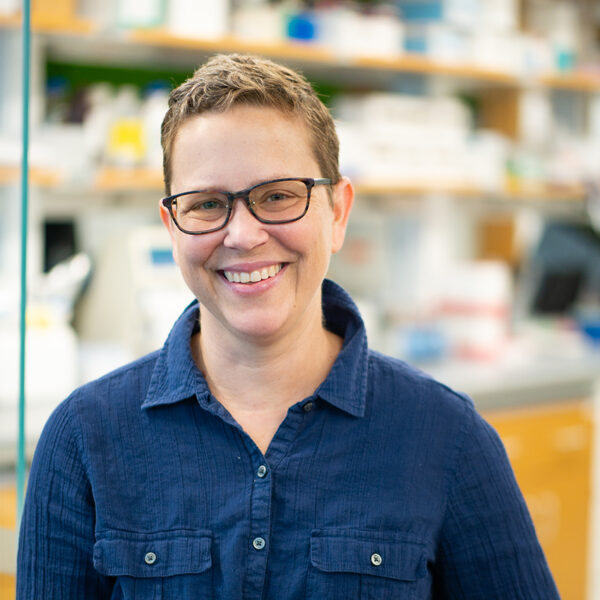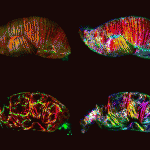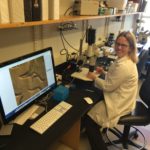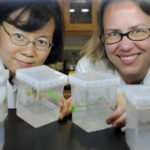About Erin Cram
In 2020, Erin Cram was appointed Associate Dean for Research.
As a member of the College Senior Leadership team, Dr. Cram provides creative, goal-oriented leadership for funding research-based initiatives, including PhD training. She also provides strategic planning for grant proposals, identifies funding and award opportunities, communicates success stories, and promotes entrepreneurship.
Dr. Cram earned her Bachelor’s of Science in Biology from the University of North Carolina, Chapel Hill, where she discovered her love of scientific research. During her PhD in Molecular Cell Biology at the University of California, Berkeley, she studied cell cycle regulation by potential chemotherapeutic compounds. Her postdoctoral studies at Princeton University on the network regulation of cell migration led to her recruitment to Northeastern University as an Assistant Professor in 2006. An award-winning scientist and educator, Dr. Cram is committed to building diverse and interdisciplinary research teams. Her current research is at intersection of cell biology and engineering, with a major focus on how mechanical forces are sensed and interpreted by cells.
Through her work with the Office of Undergraduate Research and Fellowships, as Director of Graduate Studies for Biology, and as a mentor to early career faculty, Dr. Cram has supported our students and faculty as they attain the highest levels of excellence in research. She looks forward to continuing this work on the COS Leadership team.
The Institute develops imaging tools to highlight chemical processes – enabling clinicians to better diagnose and treat disease.
The Cram Laboratory utilizes the model organism Caenorhabditis elegans as an in vivo system to examine how mechanical forces are sensed and interpreted by cells and how this influences cell migration. In addition, they collaborate with Chemical Engineers to improve production of drug compounds by the medicinal plant Catharanthus roseus.
Publications:
-
Google ScholarRead



